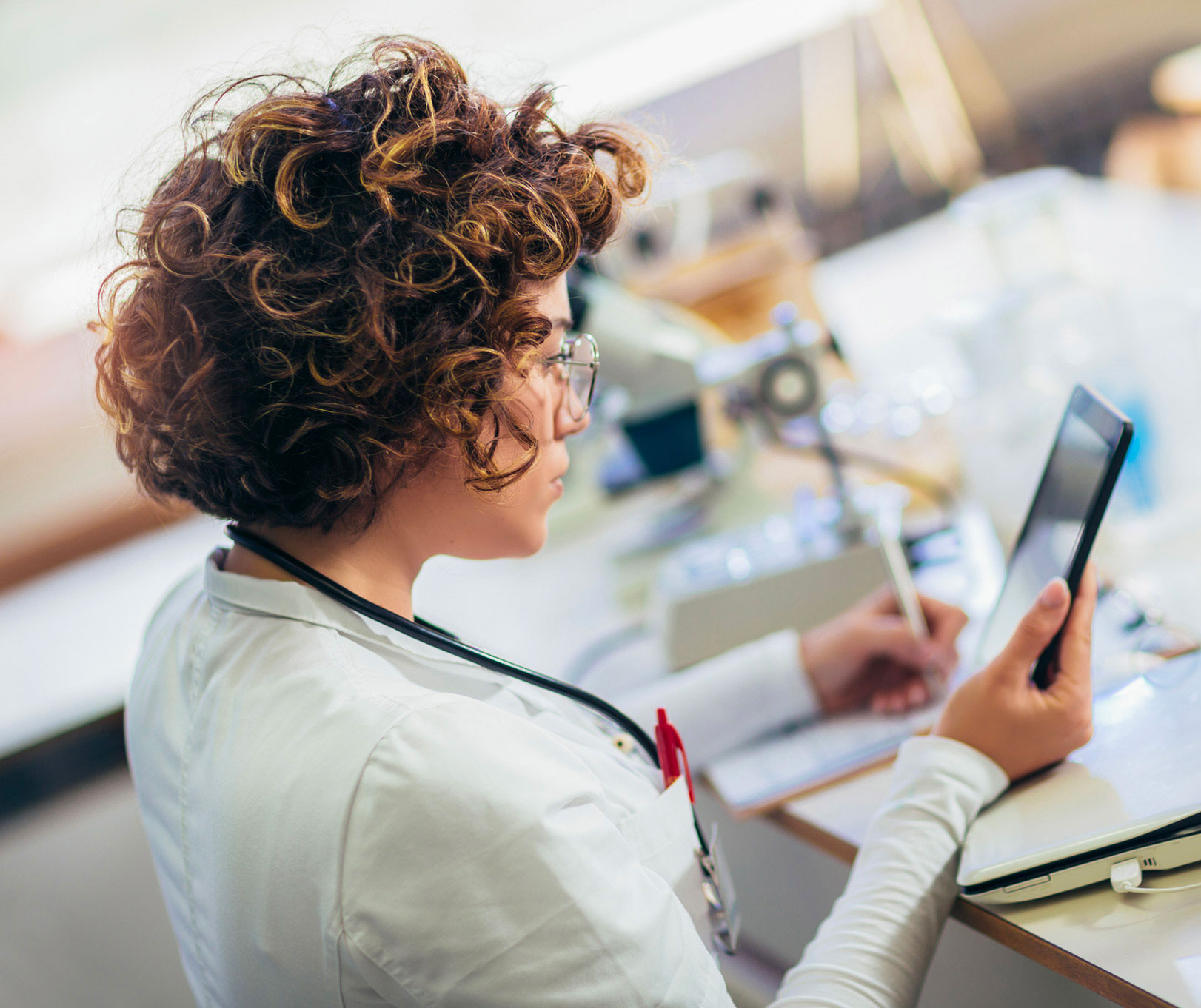
Chemotherapies impact on spermatogenesis in mice
DESCRIPTION
Chemotherapies are important for your future health, but they might harm your reproductive organs and glands that control fertility.
The changes of your fertility might be permanent.
In thi study it will be reported what are the different effects of this cancer treatments in mice.
The Chemotherapies impact on "in vitro" spermatogenesis of experimental models is necessary considering the application of this fertility restoration.
But for prepubertal patients who will receive gonadotoxic treatments, fertility preservation can be possible using testicular tissue freezing, which remains an sperimental procedure.
Cancer toxicities can generate late and long-term side effects in cured patients and infertility could be one of them.
The present work investigated the effects of exposure of prepubertal mice to mono- and polychemotherapy on the first wave of in vitro spermatogenesis.
When testicular tissue exposed to mono- chemotherapies was preserved, poly- chemotherapy led to severe alterations of the seminiferous epithelium and increased apoptosis in prepubertal testes.
So these alterations were also found in the testicular tissues of polychemotherapy-treated mice after 30 days of organotypic culture and were associated with a reduction in the germ cell/Sertoli cell ratio.
However, more spermatozoa with abnormalities and fragmented DNA were produced after the administration of chemotherapy.
This work shows the possibility to achieve a complete in vitro spermatogenesis after an exposure to the chemotherapy.
Three days after the treatment, no significant difference in mice weight was observed, even if exposed to chemotherapy compared to the control group.